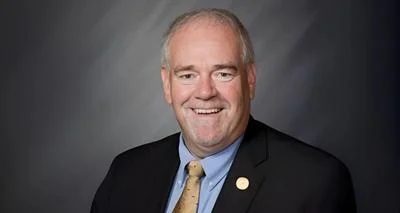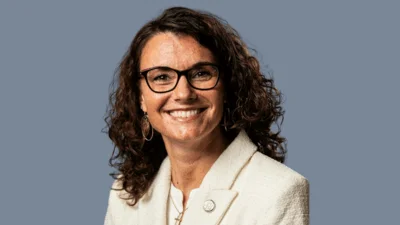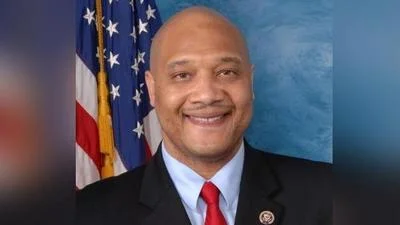Senator Todd Young, US Senator for Indiana | Official U.S. Senate headshot
Senator Todd Young, US Senator for Indiana | Official U.S. Senate headshot
U.S. Senator Todd Young, along with a coalition of colleagues, is urging the Federal Communications Commission (FCC) to reverse its plan to reclassify broadband as a public utility. In a letter to Chairwoman Jessica Rosenworcel, the members argue that this move would be an illegal power grab and detrimental to American consumers.
The members assert that the FCC's draft order goes against the Communications Act of 1934, which prohibits treating broadband as a public utility. They highlight that Congress intentionally classified broadband as an information service to promote a free market environment for the internet. Reclassifying broadband as a telecommunications service would give the FCC extensive regulatory power, imposing restrictions that would stifle investment and innovation.
The letter states, “Your proposal to reclassify broadband as a telecommunications service does the exact opposite. It would give the Commission largely unfettered power to impose...the antithesis of leaving broadband ‘unfettered’ by regulation as the law requires." The members emphasize that Congress has consistently rejected efforts to subject broadband to common carrier regulation, recognizing the negative impact it would have on consumers.
Furthermore, the members point to recent Supreme Court rulings that emphasize the need for clear authorization from Congress to impose public utility regulation on broadband. They argue that the FCC lacks the statutory authority to subject broadband to common-carrier regulation and that such a move would be damaging to both consumers and the industry.
In conclusion, the coalition urges the FCC to abandon its net neutrality draft order, emphasizing that reclassifying broadband as a public utility would hinder investment, innovation, and competition. They assert that continuing with this plan would be a waste of resources and ultimately harm American consumers.






 Alerts Sign-up
Alerts Sign-up